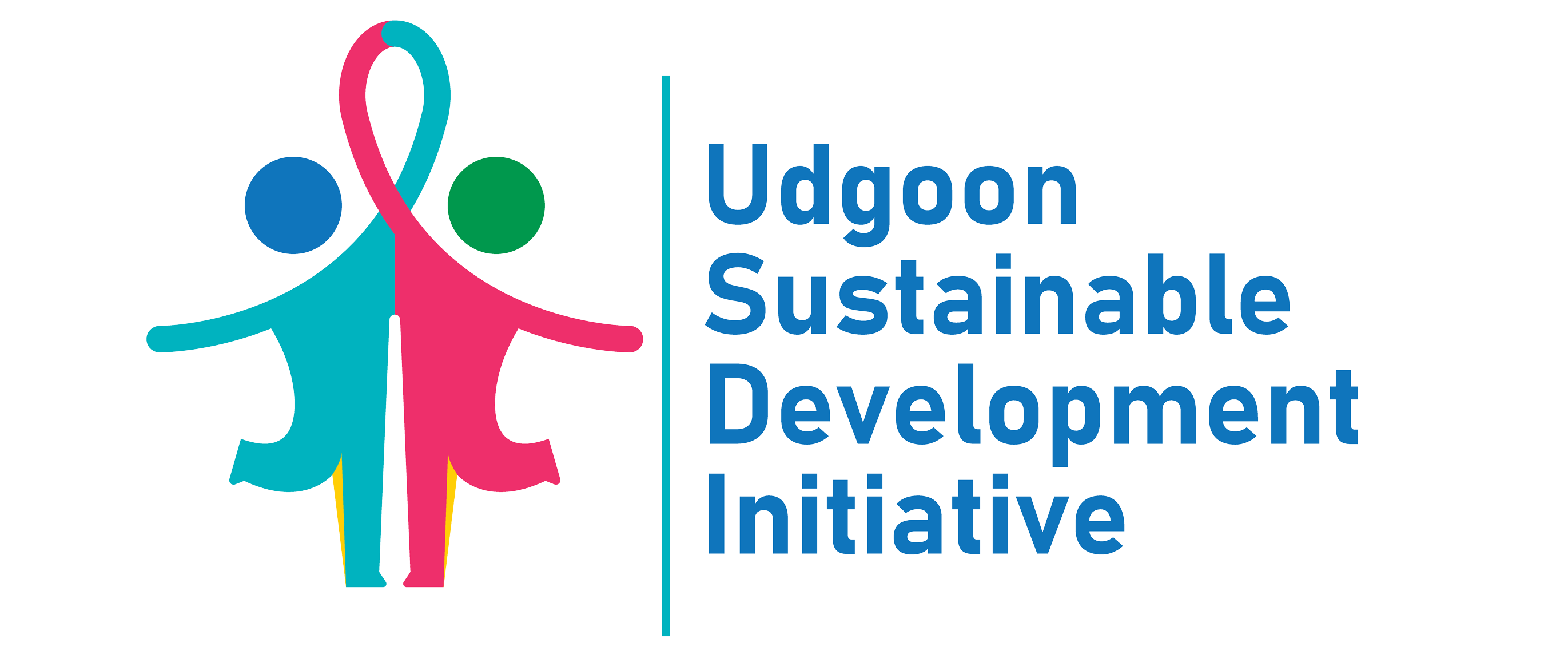BUILDING CLIMATE RESILIENCE IN SOMALIA’S BORDERLANDS
Somalia’s borderland communities face increasing challenges due to climate change, including prolonged droughts, unpredictable rainfall, and environmental degradation. These challenges threaten food security, water availability, and economic stability. USDI has launched the Borderlands Climate Resilience Project in Hosingow, Waraq, and Jowhar to strengthen community resilience through a combination of climate adaptation and mitigation strategies.
Project Objectives:
- Enhance community resilience to climate change through sustainable agricultural practices.
- Improve access to and management of water resources.
- Diversify livelihoods to reduce economic vulnerability.
Key Activities:
- Promotion of Climate-Smart Agriculture
USDI is introducing drought-resistant crops, conservation farming techniques, and efficient irrigation systems to help farmers adapt to changing climate conditions. Training sessions are being conducted to educate local farmers on soil conservation, agroforestry, and organic farming to ensure long-term productivity.
- Sustainable Water Resource Management
Water scarcity remains a critical issue in Somalia’s borderlands. USDI is implementing rainwater harvesting, improved storage systems, and equitable water distribution mechanisms to ensure sustainable water use. Community members are being trained in water conservation techniques and the maintenance of local water infrastructure.
- Alternative Livelihoods Training
To reduce dependence on rain-fed agriculture, USDI is providing skills training in small-scale business development, eco-friendly enterprises, and vocational skills that offer alternative income opportunities. Women and youth are being empowered with the necessary tools to engage in sustainable enterprises that are resilient to climate-related shocks.
By integrating climate resilience strategies with economic development, this project enhances community sustainability and reduces vulnerabilities associated with climate change.
